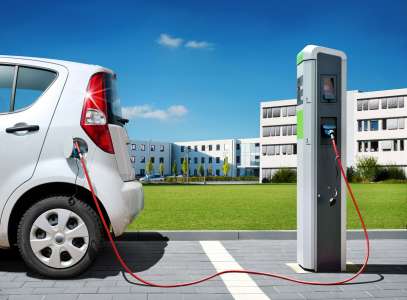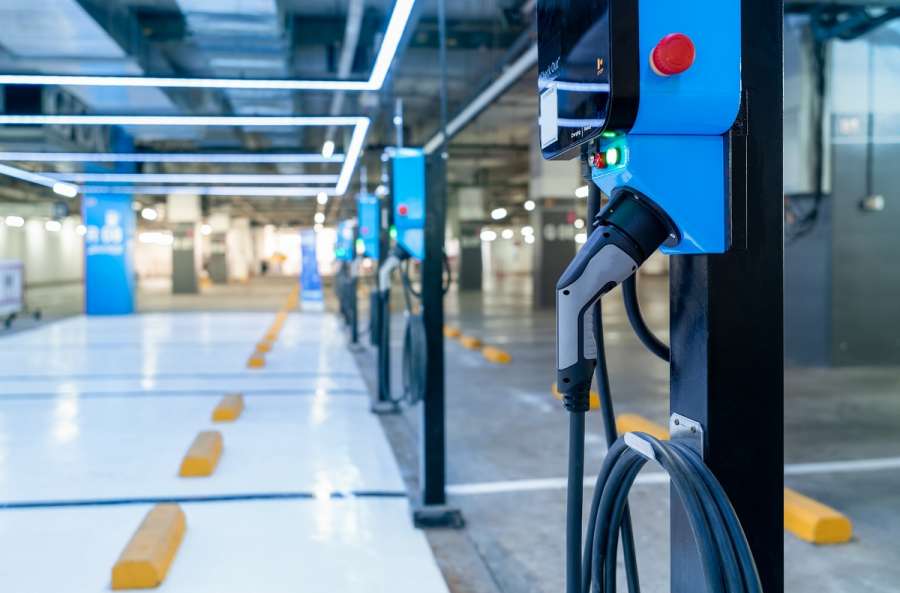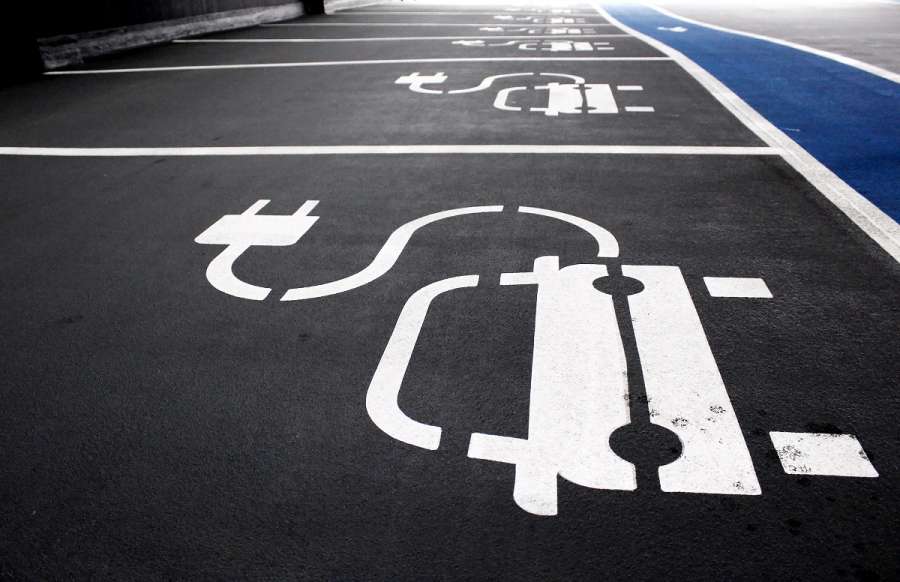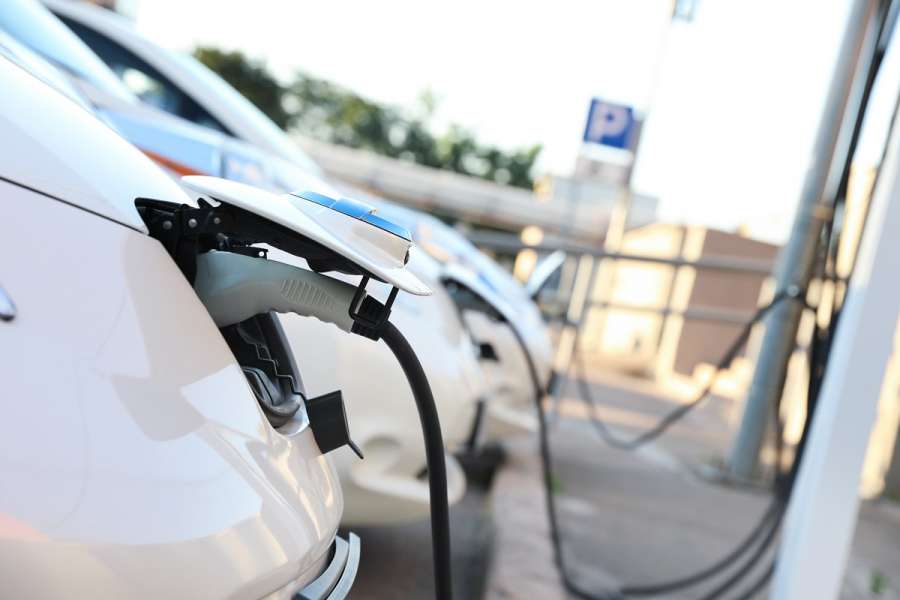The cost of operating EV charging points may be recoverable by a landlord through a service charge provision in the lease, although it is not expected that a landlord would be able to recover the costs of installing charging points through a service charge as the capital expense is high.
A landlord should check beforehand whether there is a service charge cap in the lease that would prevent them from recovering the costs of maintaining or installing an EV charging point.
Landlords may also want to check if they are eligible for government incentives, such as a grant, to help fund any initial costs or costs of upgrading devices as technology advances.
A landlord should also assess how they will charge for the day-to-day use of charging stations.
Does a system need to be established so that users can pay through their phone or through a card payment, and will the charging points be used purely by commercial tenants or be available to the public?
A landlord may consider deploying and managing charging stations themselves to maintain control and avoid any issues concerning reinstatement at the end of a tenant's lease, as a tenant may be entitled to remove the devices from the property.
In particular, a landlord will need to consider the extent of their responsibility at their sites about the health and safety risks of installing and using charging points.












